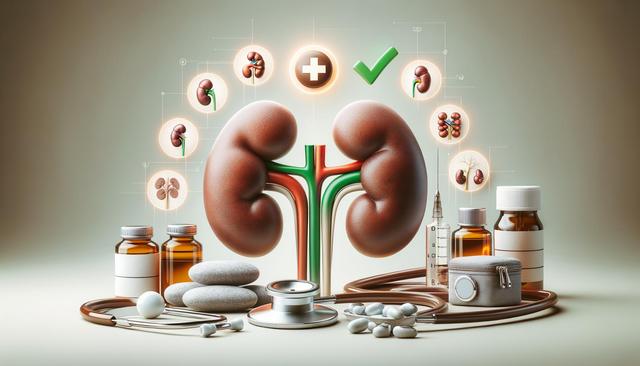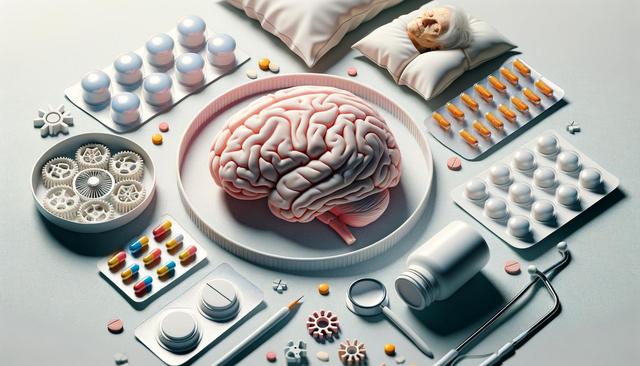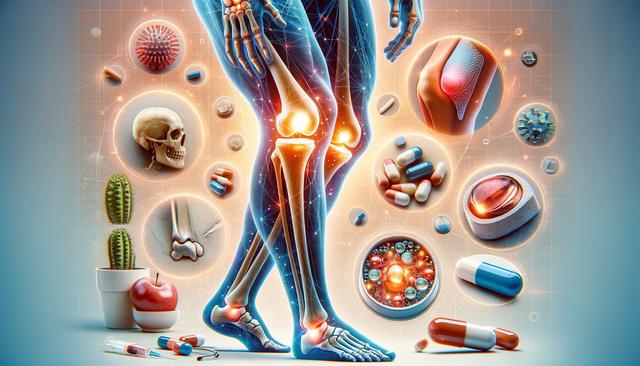What Is Chronic Kidney Disease?
Chronic kidney disease (CKD) is a long-term condition where the kidneys gradually lose function over time. It often progresses silently, with many individuals unaware they have it until significant damage has occurred. CKD can be caused by a variety of factors, including diabetes, high blood pressure, and certain genetic conditions. Understanding the nature of chronic kidney disease is critical for early detection and effective kidney disease treatment. Regular check-ups, blood tests, and monitoring of kidney function are essential for those at risk.
Common symptoms of CKD may include:
- Fatigue and weakness
- Swelling in the legs, ankles, or feet
- Trouble concentrating
- Frequent urination, especially at night
- Persistent itching or dry skin
Although chronic kidney disease can be managed, it requires a comprehensive approach involving lifestyle changes, regular medical monitoring, and in some cases, kidney disease medication to manage symptoms and underlying causes.
Conventional Approaches to Kidney Disease Treatment
Traditional kidney disease treatment often focuses on slowing the progression of the disease and addressing complications. This typically involves a combination of medications and lifestyle modifications. Managing blood pressure and blood sugar levels is crucial, especially for those with diabetes or hypertension. Doctors may prescribe ACE inhibitors or angiotensin II receptor blockers to help protect kidney function.
Other commonly used methods include:
- Dietary adjustments to reduce sodium, potassium, and phosphorus intake
- Regular physical activity to enhance overall health
- Limiting alcohol and avoiding tobacco use
- Fluid management tailored to the individual’s condition
These conventional strategies can be effective in maintaining kidney health and delaying the need for dialysis or transplantation. However, as medical science advances, newer treatments and kidney disease medication options are emerging.
Recent Advances and New Kidney Drug Developments
Medical research has led to the development of promising new kidney drug therapies that offer alternative options for patients with CKD. These drugs aim to target the underlying mechanisms of kidney damage, including inflammation and fibrosis. Some of the newer medications have shown potential in reducing protein levels in the urine, a key marker of kidney disease progression.
Key advancements include:
- SGLT2 inhibitors for diabetic and non-diabetic kidney disease
- Non-steroidal mineralocorticoid receptor antagonists to reduce inflammation
- Drugs targeting oxidative stress and fibrosis pathways
Clinical trials continue to evaluate the long-term effectiveness and safety of these treatments. The introduction of a new kidney drug must pass rigorous testing before it becomes widely available, ensuring both efficacy and patient safety.
Complementary Therapies and Lifestyle Interventions
In addition to medical treatments, many patients benefit from incorporating lifestyle changes and complementary therapies into their kidney disease treatment plans. While these approaches do not replace medications, they can support kidney health and improve quality of life. Nutrition plays a pivotal role in managing CKD, and working with a registered dietitian can help tailor a diet that meets individual health needs.
Helpful lifestyle strategies include:
- Following a kidney-friendly diet low in sodium and protein
- Staying physically active with low-impact exercises
- Managing stress through mindfulness, yoga, or counseling
- Limiting over-the-counter medications that may harm the kidneys
These interventions can support overall well-being and may enhance the efficacy of prescribed kidney disease medication. It’s important to consult a healthcare provider before starting any new therapy or making significant lifestyle changes.
Future Outlook and Ongoing Research
Looking ahead, the future of kidney disease treatment is promising. Ongoing research is exploring gene therapy, stem cell applications, and regenerative medicine techniques that could one day revolutionize how chronic kidney disease is treated. Scientists are working to identify new biomarkers for earlier diagnosis and more precise treatment options tailored to individual patients.
Key areas of research include:
- Improving dialysis technology and accessibility
- Developing wearable artificial kidneys
- Enhancing kidney transplant success rates
- Exploring immunotherapy for autoimmune kidney conditions
These innovations are expected to significantly improve patient outcomes and quality of life. While not all treatments are yet available, staying informed and engaged with recent developments can empower patients and caregivers to make better healthcare decisions.
Conclusion: Navigating Kidney Disease with Knowledge and Support
Managing chronic kidney disease requires a multifaceted approach involving medical care, lifestyle adjustments, and staying informed about the latest treatment options. With continued innovation in kidney disease medication and the emergence of a new kidney drug pipeline, patients have more resources and hope than ever before. Maintaining kidney health is a journey, and partnering with healthcare professionals, staying proactive, and adopting supportive habits can make a meaningful difference in long-term outcomes.




Leave a Reply